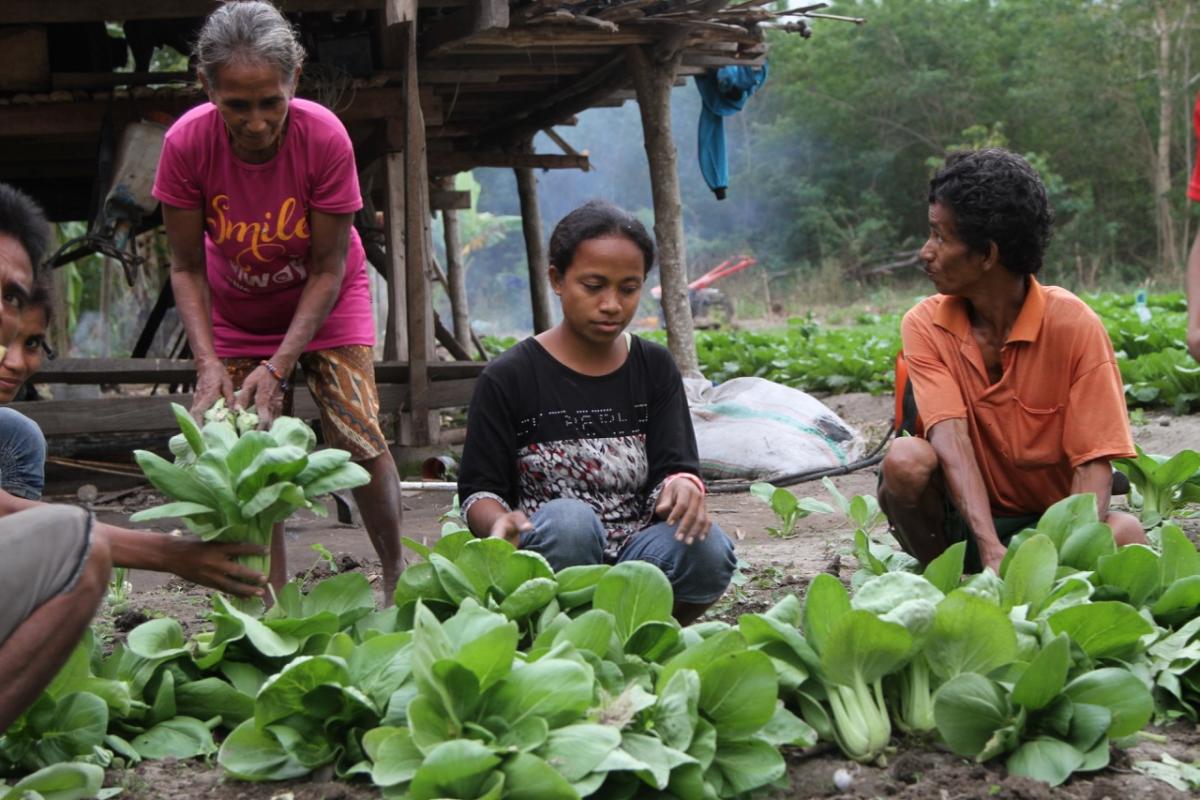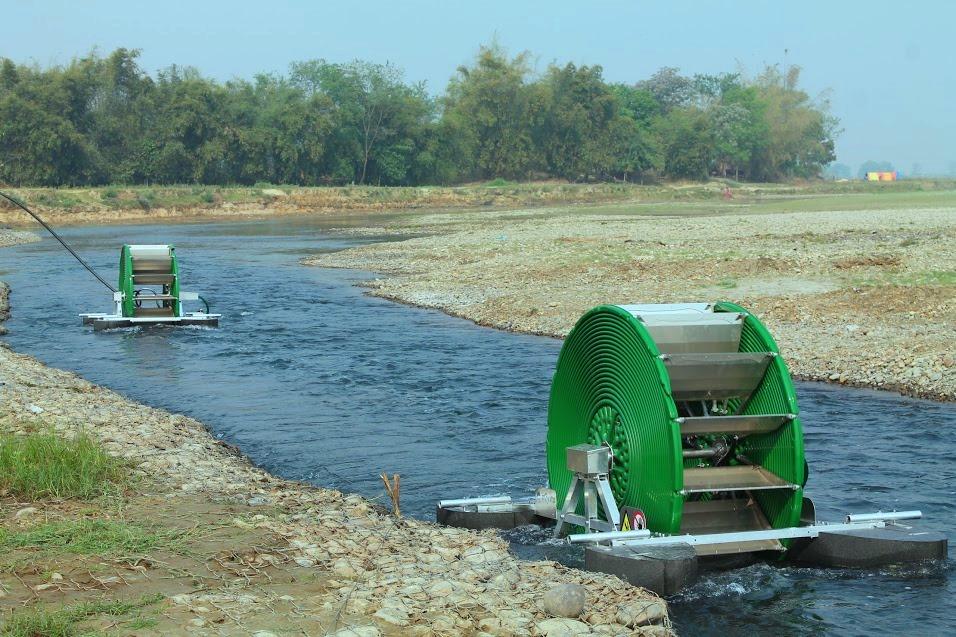Water-Smart Farming: How Innovative Technologies Are Improving the Lives of Smallholder Farmers Across Asia, Latin America and Africa
A simple, self-assembled water pump brings a low-cost and environmentally friendly irrigation solution to farmers, increasing food security and livelihoods.
Delft, The Netherlands, November 15, 2018 /3BL Media/ – aQysta, a “clean-tech” start-up, injects its entrepreneurial energy into the Business Call to Action (BCtA) platform with a pledge to bring its affordable, clean-energy water pump to 10,000 smallholder farmers globally to save 300 tonnes of greenhouse gas emissions, while improving crop yields and incomes, by 2021.
Launched in 2008, BCtA aims to accelerate progress towards the Sustainable Development Goals (SDGs) by challenging companies to develop inclusive business models that engage people with less than US$10 per day in purchasing power (in 2015 dollars) as as consumers, producers, suppliers, distributors of goods and services and employees. It is supported by several partners and hosted by the United Nations Development Programme (UNDP).
Water is essential to successful agriculture and food security. Subsistence farming communities around the world have long-relied on rainfall to sustain crops, yet in an era of climate change, this already uncertain water source is further threatened. Smallholder farmers that either own or rent land for agriculture can pay a high price to rent access to irrigation, and some simply do without it, despite flowing rivers or canals existing nearby.
Access to reliable irrigation can boost agricultural productivity up to five times compared to rain-fed crops, however regular forms of irrigation pumps are often costly to acquire, operate and maintain especially in remote rural contexts where transport costs increase. Farmers that can affrod these irrigation system tend to see a reduction in profit margins due to costs and struggles of implemnation.
aQysta’s Barsha Pump addresses a gap in the market for cost-effective, reliable irrigation that could help farmers move away from subsistence to commerical farming in locations where rivers, streams and canals are vast but irrigation systems too costly. The Barsha Pump looks like a wheel floating on water and relies on energy created in the flowing current of rivers and canals to pump water through a hose, up hills, as far as two kilometres away. There is no need for fuel or electricity to operate the pump, bringing the operating cost and environmental impact down to zero.
“What we developped is a relatively simple solution to harnesses the natural elements of hydro-power and water in order to improve the lives of people surviving on less than $2.50 a day. We already have over 200 pilot pumps in operation across Africa, Latin America and Asia. Our pumps do not require any specialised education or skills, farmers receive a DIY (Do it yourself) assembly kit and can put the pump straight to work,” aQysta Managing Director Lennart Budelmann said.
aQysta’s BCtA commitment will see another 10,000 farmers in Latin America, Africa and Asia benefit from the pump, a tool that secures water for crops all year round. A reliable, constant water supply provides an opportunity for farmers to transition from subsistence to commercially-viable farming with better income.
“In addition to clever design, aQysta sells its water pump with an innovative and flexible business model ensuring inclusion of those at the Base of the Economic Pyramid. Farmers can lease-to-own a pump, pay per litre of water used, or pay per harvest when crops yield returns. A “farm incubator” is also being trialled where landless farmers are paid a salary to farm with the pump and learn sustainable agriculture techniques. The potential for increasing the productivity and income of smallholder farmers is huge” BCtA Programme Manager Paula Pelaez said.
For further information:
BCtA: bcta@undp.org
BCtA membership does not constitute a partnership with its funding and programme partners, UNDP or any UN agency.
About Business Call to Action (BCtA): Launched at the United Nations in 2008, BCtA aims to accelerate progress towards the Sustainable Development Goals (SDGs) by challenging companies to develop inclusive business models that offer the potential for both commercial success and development impact. For more information, please visit www.businesscalltoaction.org.
About aQysta: aQysta was founded in 2013 at the Yes! Delft start-up incubator, attached to the Delft University of Technology in The Netherlands. Last year the multi-award winning company made the Forbes 30 Under 30 list, and consists of a young, international and motivated team which shares a vision of developing and implementing sustainable hydro-powered pumping solutions that can have a positive economic, environmental and social impact. aQysta develops hydro-powered pumps that provide sustainable irrigation solution for small and medium sized commercial farmers, without requiring any fuel or electricity. The company’s flagship product, Barsha Pump, utilizes the energy present in flowing rivers and canals to pump water. The Barsha Pump does not require any fuel or electricity to be operated, doesn’t emit GHGs and does not involve any operating expenses. It is a sustainable, cost-effective solution for high value agriculture in the developing countries, saving up to 70% of watering costs for farmers, compared to conventionally-used fossil-fuel based pumps.


